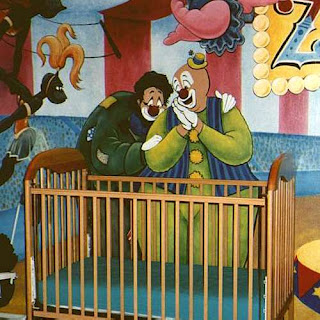 World Congress of Families expressed satisfaction that the British Broadcasting System (BBC) has finally acknowledged something the Congress has been talking about for years – that Europe is being enveloped in demographic winter.
World Congress of Families expressed satisfaction that the British Broadcasting System (BBC) has finally acknowledged something the Congress has been talking about for years – that Europe is being enveloped in demographic winter.According to a BBC report broadcast earlier this month, “Population levels across many parts of the developed world are declining, but this is particularly noticeable in former Eastern Bloc states, where the number of children being born has plummeted within a generation.” The BBC noted that “In 1974, 100,000 babies were born in Slovakia – now barely 50,000 a year.”
World Congress of Families International Secretary Allan C. Carlson observed: “Of the 10 nations with the lowest birthrates worldwide, nine are in Europe. According to the European Union, the average birthrate for the continent is 1.37 children per woman – well below replacement level (roughly 2.1)
Eastern European and the former Soviet Union are particularly hard hit. The birthrate for the Czech Republic is 1.18, for Russia 1.26 and for Belarus, 1.21. Russia’s population is contracting by three-quarters of a million a year. Absent massive immigration, it’s expected to lose half its population by the middle of this century.
But Western Europe is also experiencing serious population decline. In the next 50 years, Germany could lose the equivalent of the population of the former East Germany.
“The media is just beginning to grapple with an impending crisis that the World Congress of Families has been talking about for years,” Carlson declared. “At World Congress of Families II, in Geneva in 1999, Francisco Tatad, then a member of the Philippine Senate, warned of Europe’s coming population bust.”
“Fewer children and a graying population will create a series of crises Europeans are only beginning to discern,” Carlson disclosed, “including severe labor shortages, declining tax revenue supporting spiraling social budgets and fewer and fewer active adults to care for more and more elderly.”